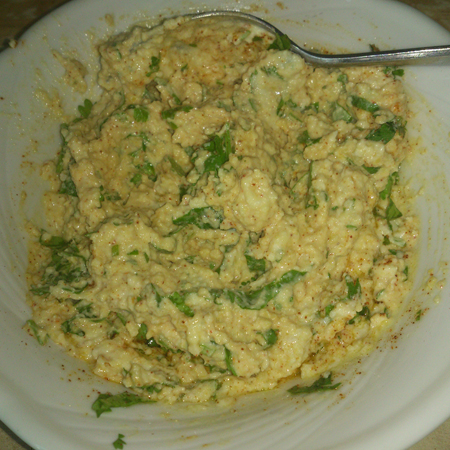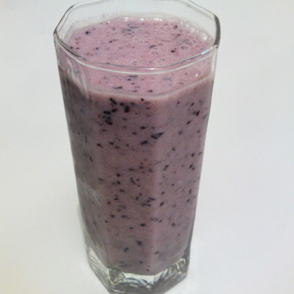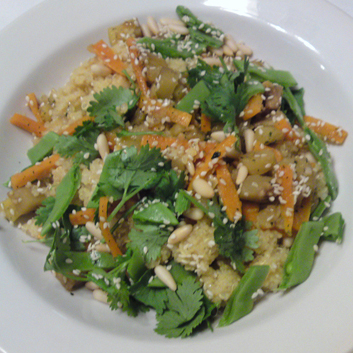
Vitamins
Betacarotene - Facts and Information
Betacarotene sub-menu
Date reviewed: 7 July 2015 | Date updated: 7 July 2015
Betacarotene is a very important nutrient for the body.
Some facts about betacarotene:
- Betacarotene is a fat-soluble vitamin - betacarotene is one of the few vitamins that is fat-soluble and so it requires some fat to be eaten at the same time, to enable it to be digested and absorbed properly so that it can be used by the body as required. As most betacarotene sources are from animal food sources, they will also contain some fat helping with its absorption
- Betacarotene is a potent antioxidant - betacarotene's antioxidant properties are very potent. It acts to scavenge free radicals in the body that may otherwise do damage to DNA and raise risk of cancer and heart disease. Betacarotene reduces the oxidative damage that may otherwise occur in the cells of the body, from free radicals causing damage to them, if it was not available to neutralise and remove them
- Betacarotene is the precursor of vitamin A - some of the betacarotene, the precursor of vitamin A, gets converted into vitamin A (by the thyroid hormone thyroxine) in the body when it is required and the rest is used by the body as a powerful antioxidant. The body uses as much of the betacarotene that is required to be convert into vitamin A and the rest is used as an antioxidant. Research shows that less than 50% of the betacarotene in foods eaten is converted into vitamin A, which means a significant portion of betacarotene being used as an antioxidant by the body.
- Betacarotene is converted into vitamin A in the intestines - betacarotene is converted into vitamin A in the intestines, through a complex process involving bile (from the liver) and thyroxine (from the thyroid).
- Betacarotene is responsible for the colour in orange fruits and vegetables - betacarotene is the substance that is responsible for the orange colour of raw fruits and vegetables that are rich in this vitamin. Other non-orange coloured vegetables also contain high levels of betacarotene too. Food rich in betacarotene are: apricots, carrots, endive, green and red lettuce, kale, rockmelon, pumpkin, red capsicum and peppers, spinach, sweet potatoes, tomatoes, watermelon.
Advertisement
Comments
Nutrition
Advertisement
Health Tools
Most popular website content

-
Silica
Silica is a trace mineral, good for the skin, bones and teeth...more 
-
Labyrinthitis
Labyrinthitis is a disease of the inner ear, causing swelling and pain...more 
-
Calorie Intake
The recommended daily intake of calories is different for each age group and gender...more

 Basics recipes
Basics recipes Breakfast recipes
Breakfast recipes Dessert recipes
Dessert recipes Dinner recipes
Dinner recipes Lunch recipes
Lunch recipes Snacks recipes
Snacks recipes



